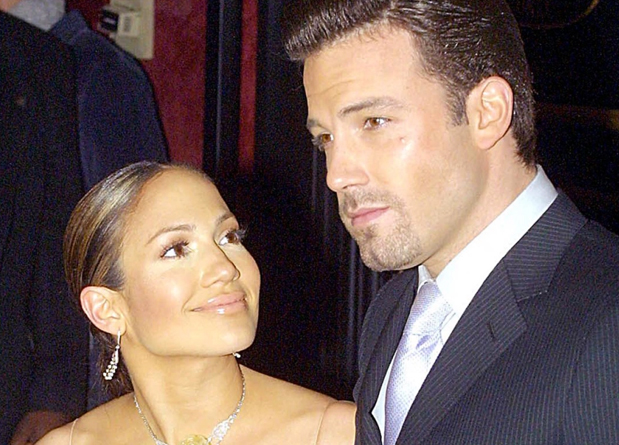Pros and perils of reuniting with an ex
Back and better than ever…?
- 10.09.2021
- By Emily Heng
There is something deeply compelling about redemption stories. It is the central focus of many a movie franchise (Batman); the driving force behind cult-favourite novels (Atonement); and the entire basis of several revered characters in pop culture today (Loki). Perhaps it has to do with our ingrained fascination with growth — where we derive satisfaction from watching people learn from their blunders and emerge better-than-before. In a sense, it’s safe to say that we can’t help but root for them. There is hardly any gratification to be gleaned from stagnancy, after all, nor awards bestowed upon individuals for maintaining their behaviour.
On that note, it stands to reason that this theory applies to the relationships we have, too. The prospect of a shiny new partner is exciting, but not as much as rekindling one with an old flame. It’s the epitome of a “started from the bottom, now we’re here” gif; a line graph charted with thrilling ups-and-downs. What you may have had was good, but can it be better? It is a question more prevalent than ever seeing how Ben Affleck and J.Lo have reprised their relationship, kick-starting a series of surprising celeb reunifications that we never saw coming. To answer that question, we got Claudia Doig, Clinical Psychologist and Executive Director of Psychology Blossom, to weigh in.
Is getting back together with your ex ever a good idea?
Doig: It depends from case to case. I have come across individuals who are happily married with their ex. As a general rule, when the relationship breaks up, it affects the trust levels between the two people. It will likely have a ripple effect later on, where you fear that your partner may leave the relationship again whenever challenges crop up.
What are some conditions or circumstances where you’d say reconciliation — beyond a friendship — is ideal?
Doig: Perhaps when one partner realises that they took the other person for granted, and are now appreciating what they lost. They might have realized that they focused too much on the negative traits their partner instead of the positive qualities. Or maybe when the first attempt to come together happened at the wrong time, such as a rebound or while one party was still attached to someone else. I think it’s great, too, when partners realise that they were actually stronger together, but denied some of the problems they faced earlier on — except now, they are ready to acknowledge and fix it.
Do you have any tips for someone navigating a newly-reformed relationship with their partner?
Doig:
a. Rebuild trust. Be sure to tune in to your partner, and do small things for each other frequently.
b. Have vulnerable and honest conversations about the not-so-good things that you each have to take responsibility for.
c. Identify the problems you have had as a couple, and agree on ways to deal with them when they come up again.
d. Set healthy boundaries.
e. See a couple therapist who can help you combat the problems you may have. As the saying goes: doing the same thing over again and expecting a different result is madness. So, learn some new helpful strategies.
Are there red flags to look out for that signify a toxic relationship?
Doig: Some of such red flags include:
a. Any form of abuse
b. Conflicts that are loud, explosive, blameful, hurtful
c. Controlling patterns (eg. via sex or finances)
d. A pattern of putting the other person down (eg gaslighting)
e. Parallel lives; a lack of connection and quality time with each other (eg. workaholism, addictions, avoidance)
f. Affairs
Lastly: what is the key to maintaining a happy, healthy relationship?
This is a very broad question, and difficult to answer briefly! In short: respect and make time for each other. Take responsibility for your part in misunderstandings, and accept influence from your partner.
ADVERTISEMENT. CONTINUE READING BELOW



